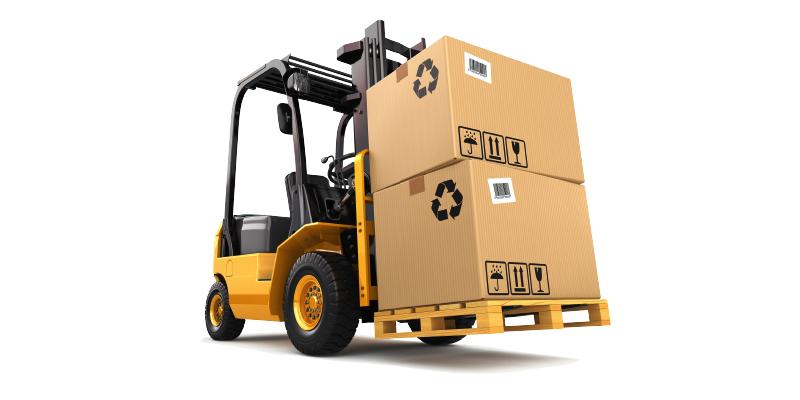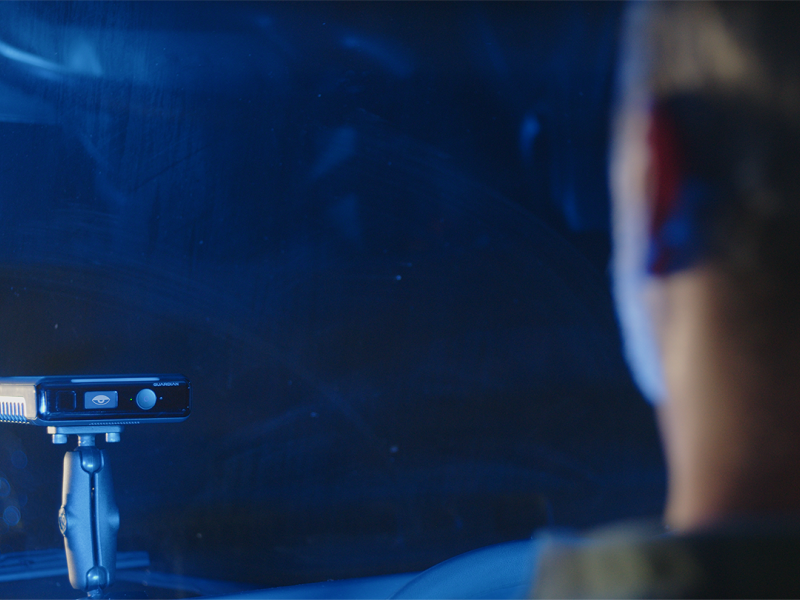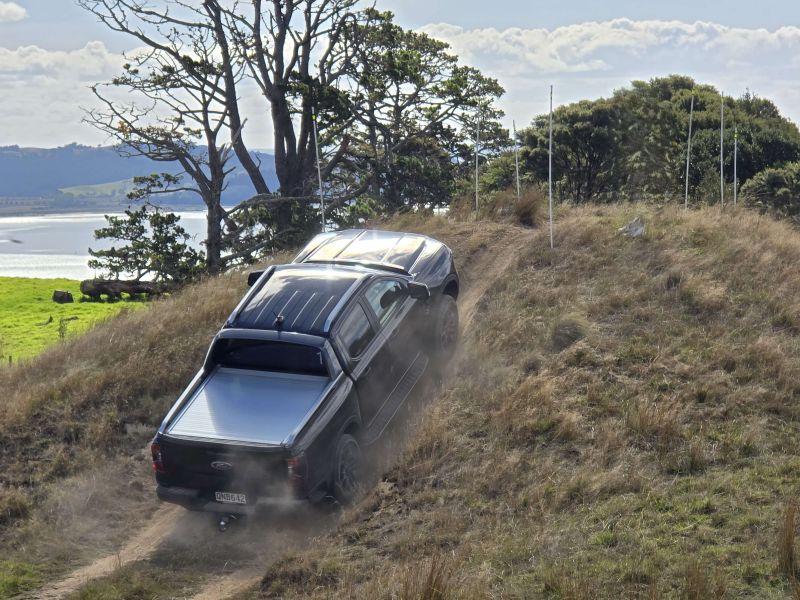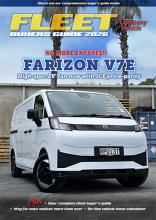And we can now do it legally – lifting that is, since the Editor has successfully completed a forklift training course at the National Forklift Training facility in East Tamaki recently.
What this means is that NZ Company Vehicle will have to add a new form of vehicle test to the usual mix of cars, utes, vans and SUVs. Now we can test forklifts – up to seven-ton units at least.
As to why, well, a forklift is just as much a company vehicle as is any other and – while they may not be quite as sexy as our standard vehicles – there is no reavson why the same diligence spent on a roadgoing fleet car should not be spent on a load lifter. In fact, if anything, it’s probably more critical.
But more of that as time goes on. There is more than a small story to be told about having a well-trained operator if your company has forklifts, reach trucks, or Tele-lifters – or any other form of specialised working vehicle come to that.
A larger business/corporate is probably aware of the pitfalls that come about when one has unlicensed operators driving mobile lifting assets.
For SME’s, well, there are a lot of pitfalls and while fleet managers may know all about the vagaries of vehicle selection, fleet policy management, procurement, refurbishment, disposal, et cetera, knowing all there is to know about the legalities of operating forklifts and similar vehicles may be foreign territory.
So, let’s start with the basics and who better to take us through them, than Dean and Anita Christie, owner/operators of the National Forklift Training centre, which has been in the business of training forklift operators for 29 years.
Dean is a mechanical/electrical engineer by trade with a formative background working in the automotive industry first and foremost and then later for a prominent forklift importer/distributor.
Well versed in all forms of industrial equipment, Dean was first registered as an OSH instructor in 1990 and has built the business up to its current level of four full-time instructors, able to train at the NFT centre or on site for the company’s larger clients.
Anita’s role, for all that it is not so hands-on as Dean’s, has been critical to the development of the forklift industry, while improving the level of service standards at NFT by overseeing the day-to-day operations.
In addition to developing the photo identification certificate, which is accepted now as an industry standard, Anita designed the Safety Awareness workshops as well as the “Destination Home’’ programme which fosters safer teamwork in the workplace.
Dean and Anita look after all levels of forklift operators, from outright novices (two day course, two hours on day one, six to seven hours on day two) to experienced users looking to recertify or extend their forklift operator’s licence to an F-endorsement, which allows them to operate a forklift on a public road.
Public roads are, incidentally, inclusive of car parks or loading zones which are accessible by members of the public. A forklift licence – as opposed to an F-endorsement – allows operation of the specified vehicles, but only in the areas where public access is restricted.
The standard course is usually limited to 10 attendees and typically run from 8am to 2pm, during which time, there is a training syllabus to go through, accompanied by a training DVD and some anecdotal examples of real-world experiences from companies who have engaged NFT’s services.
The syllabus covers counter-balance forklifts, reach trucks, battery electric units, internal combustion engines, walk-behinds, powered pallet trucks hand pallet trucks, stock and order pickers, container handling equipment and turret machines.
An open book test follows, and this is marked collectively, with any glaring incorrect answers discussed as a group to ensure the correct information is understood by everyone.
The last part of the day is spent on the forklift itself, with each attendee taking a parked forklift, negotiating through a – close quarters – simulated warehouse environment, picking a pallet from a four metre height, reversing with it back through to the start of the exercise and depositing it safely on the ground.
Once this is done, drivers park the forklift, then restart it, lift the pallet, take it back through the course and restack it, then bring the forklift back to the beginning and ready for the next operator.
Those deemed competent will then be photographed which is part of their actual licence – and their employers are sent a copy of their certificate for inclusion into the employee’s personnel record.
All told, it is a low-pressure learning environment, but for all that, Dean and his team carry out their roles with just the right balance of professionalism and good-natured banter.
About 10 years ago, the focus on forklift training was to ensure operators knew the massive level of responsibility resting on their shoulders when it comes to lifting loads, but also their responsibilities when it comes to operating the equipment correctly.
Today, the same message is still there, but it is overshadowed somewhat by the importance of knowing what needs to be known and exercising common sense.
There is a great degree of responsibility when it comes to forklift operations and the driver of the forklift is made very aware of that.
It may be difficult for line managers and supervisors to understand, but when it comes to lifting stuff up using a forklift, the trained operator will know whether he/she should be using the equipment or not. If not, there’s a damn good legal reason.
Forklifts are frequently mistaken for equipment that is different to that of say a vehicle fleet, when in fact, forklift maintenance and care should take priority over that of the ute, sedan or hatchback if only by virtue of the fact that the forklift is meant to do much more taxing work and the potential for something going awry is much greater.
If our company has/uses a forklift, make sure that everyone who is expected to use it is trained properly to do so. Training takes so little time and the return on investment is well worth it.
For more information on the training times and courses available, visit the www.nft.co.nz website.






